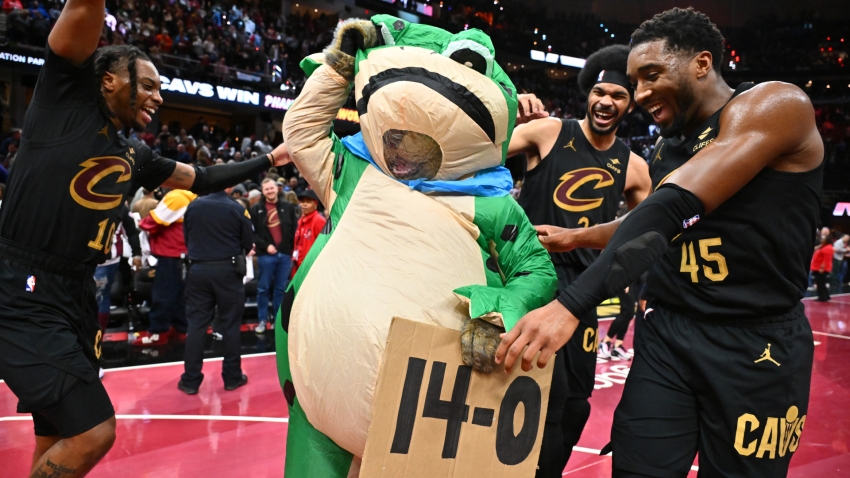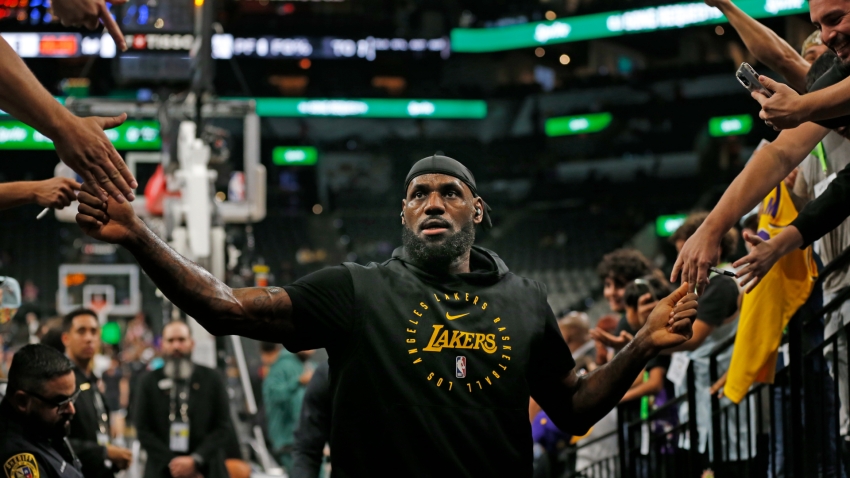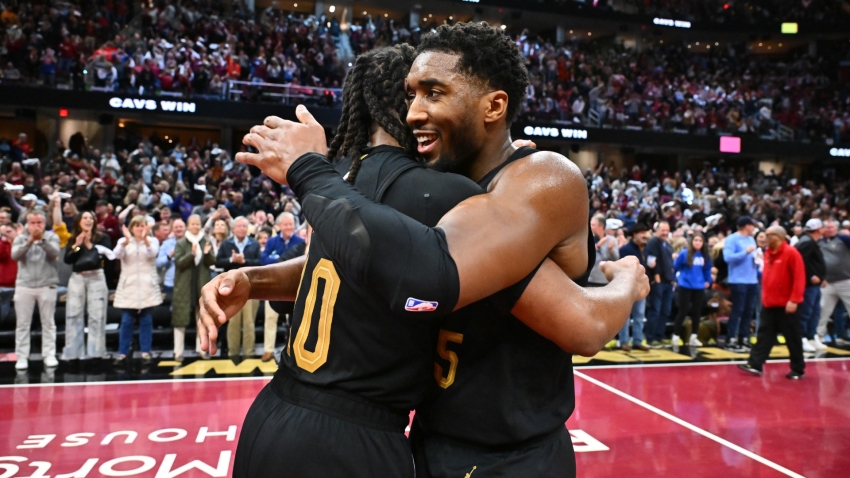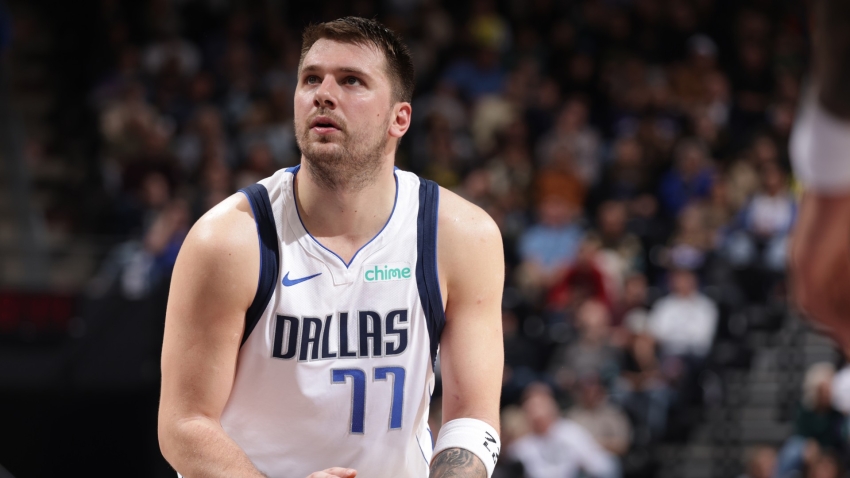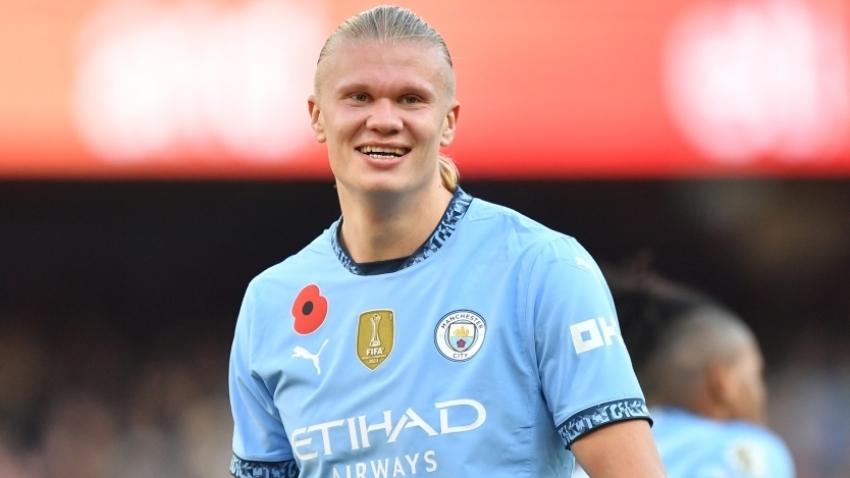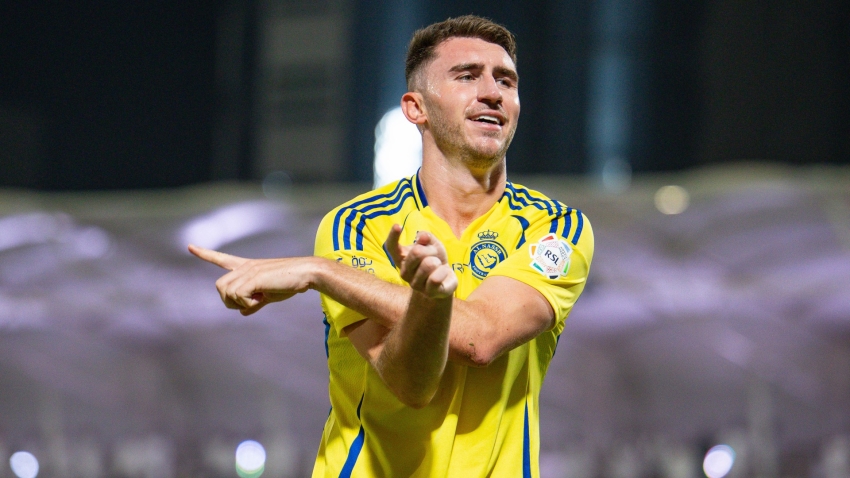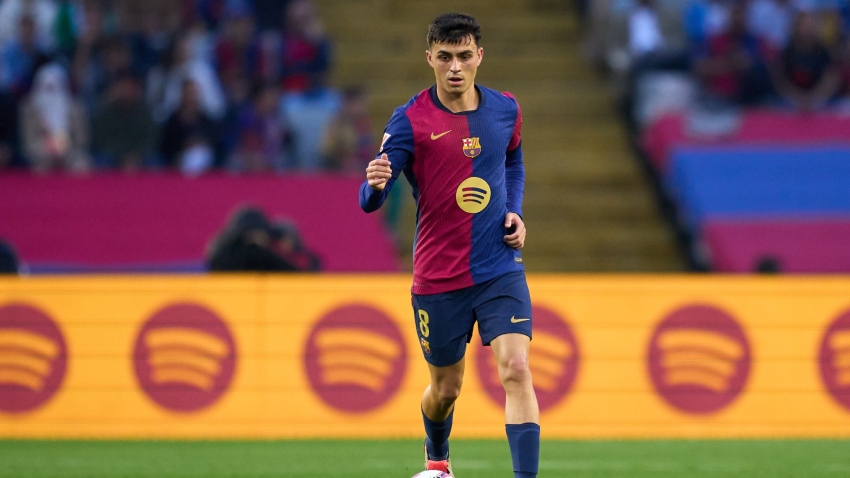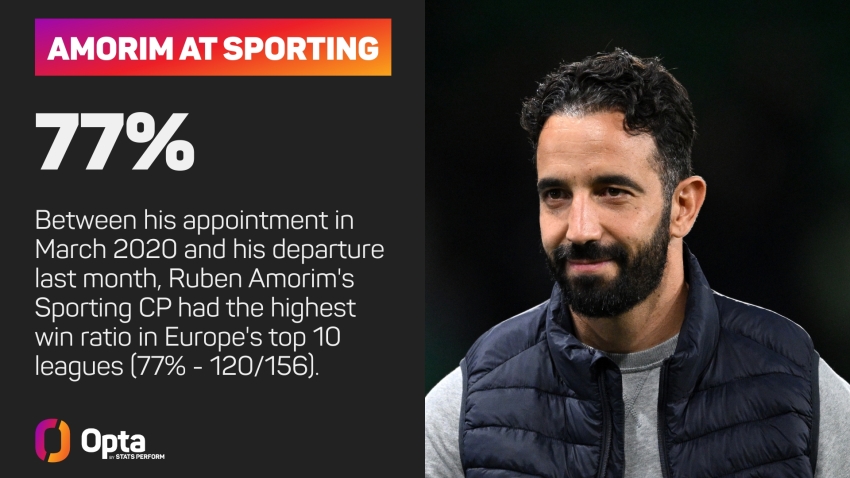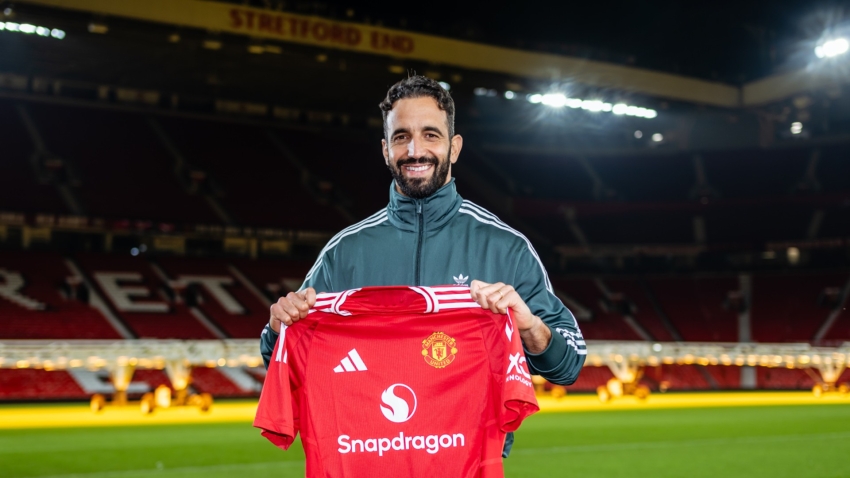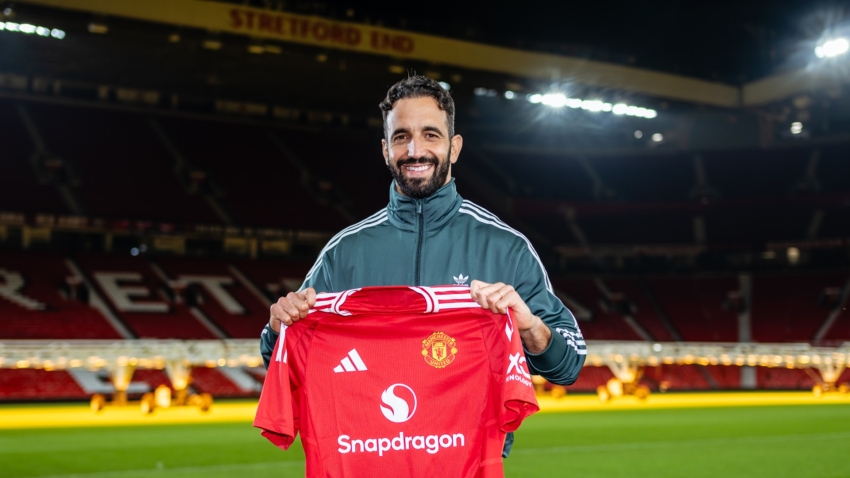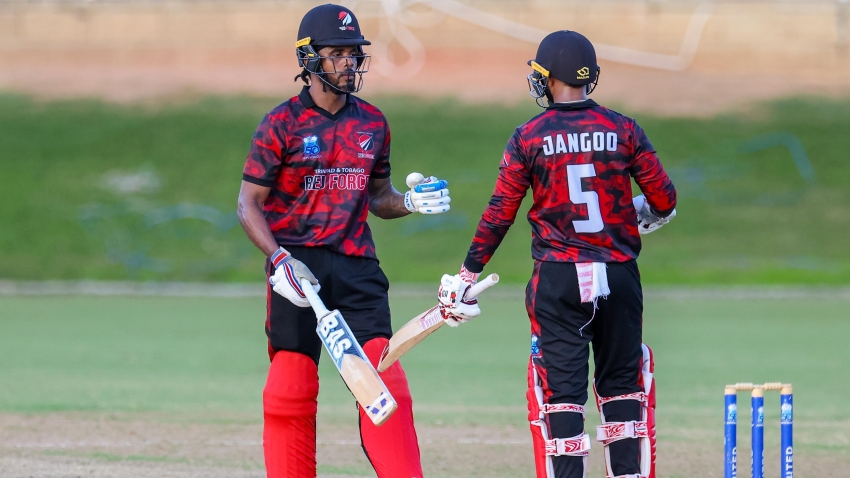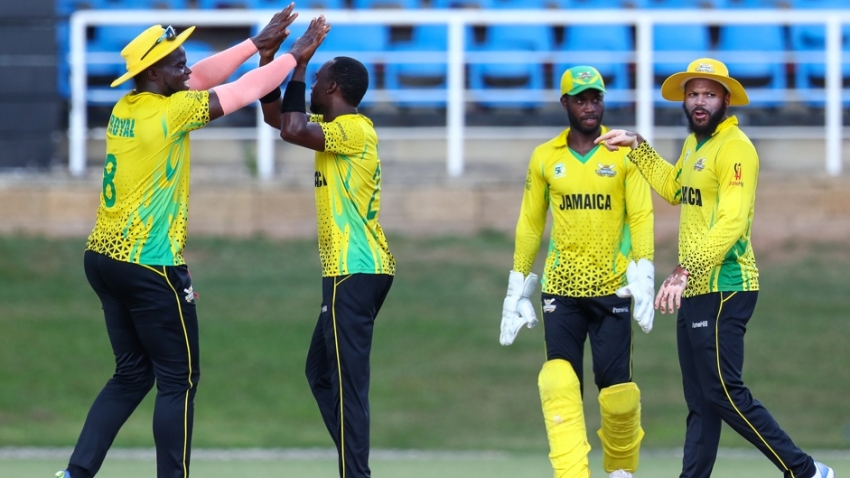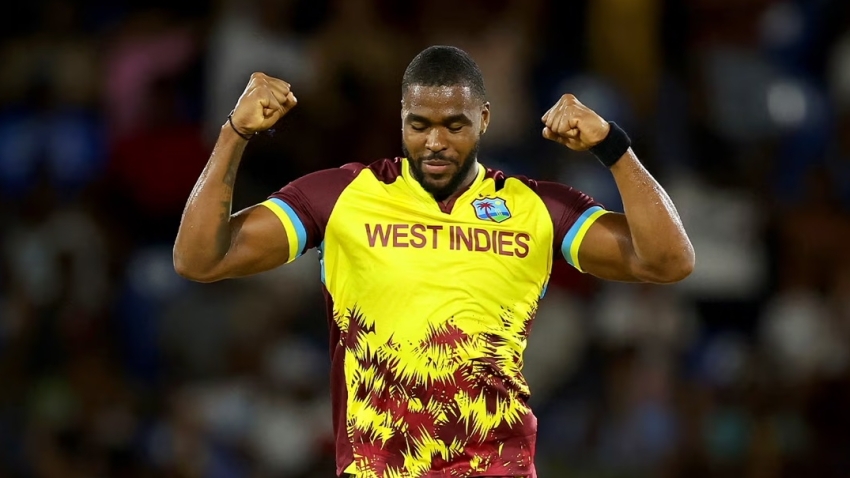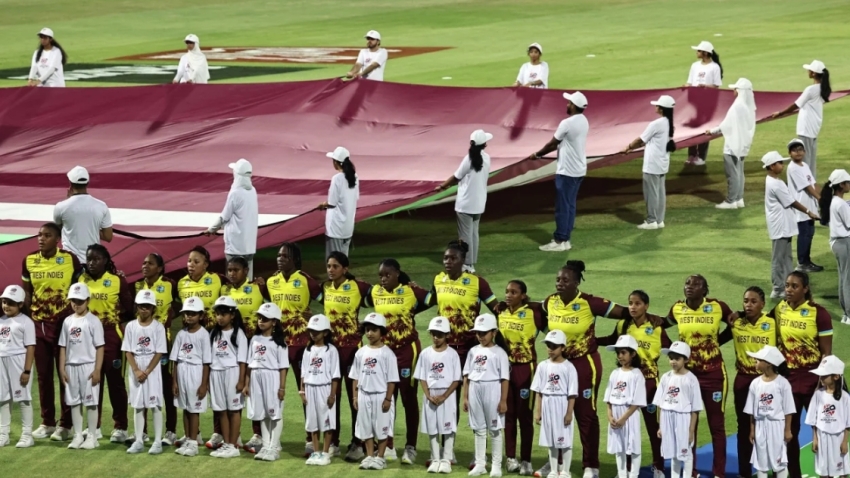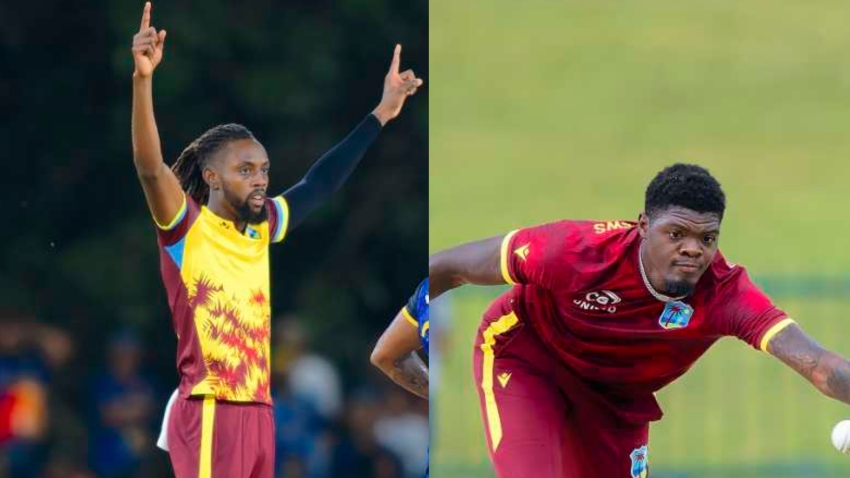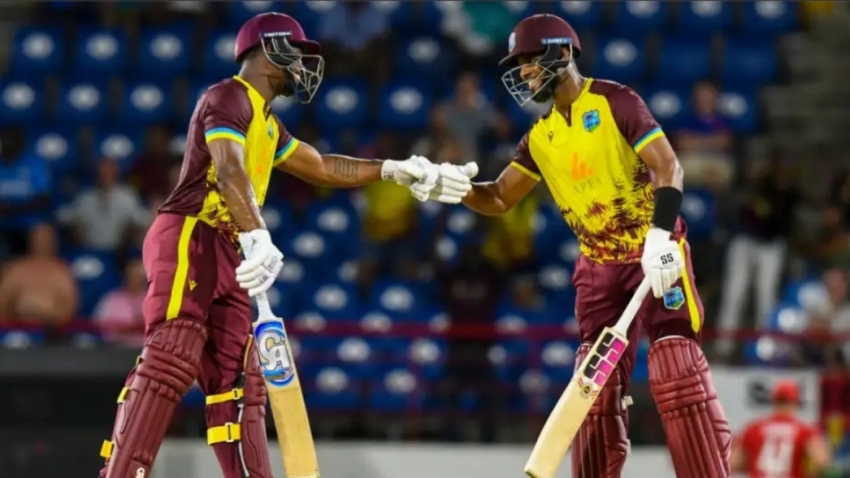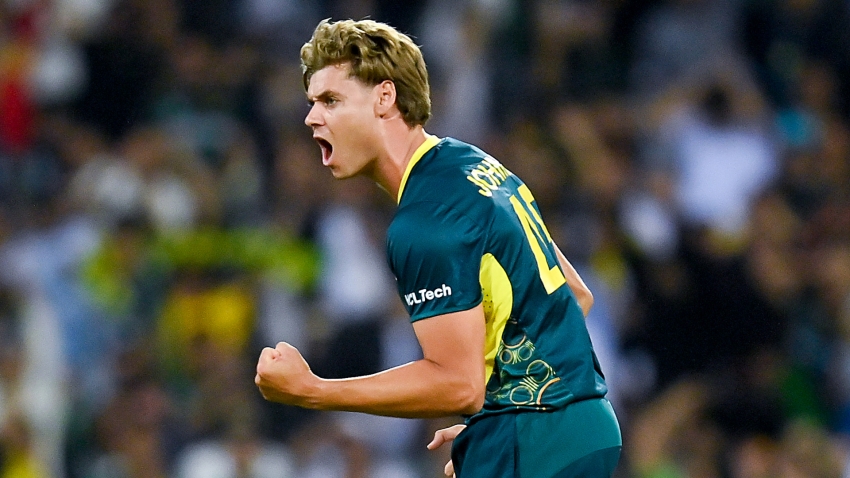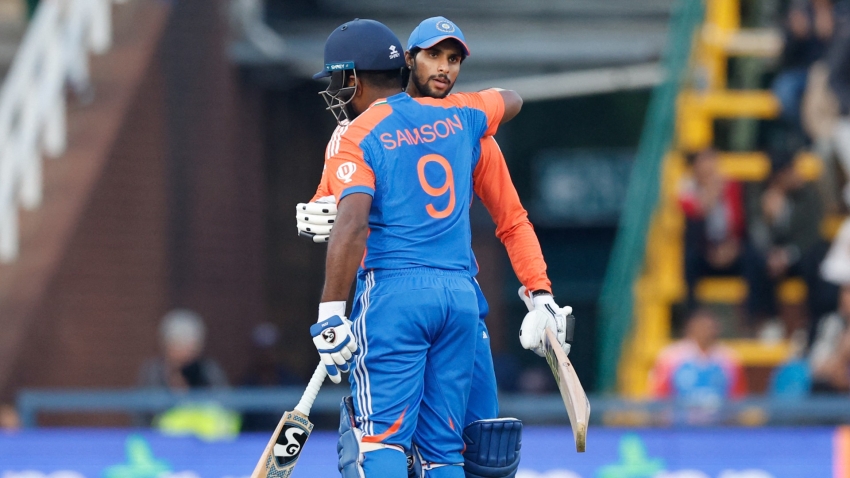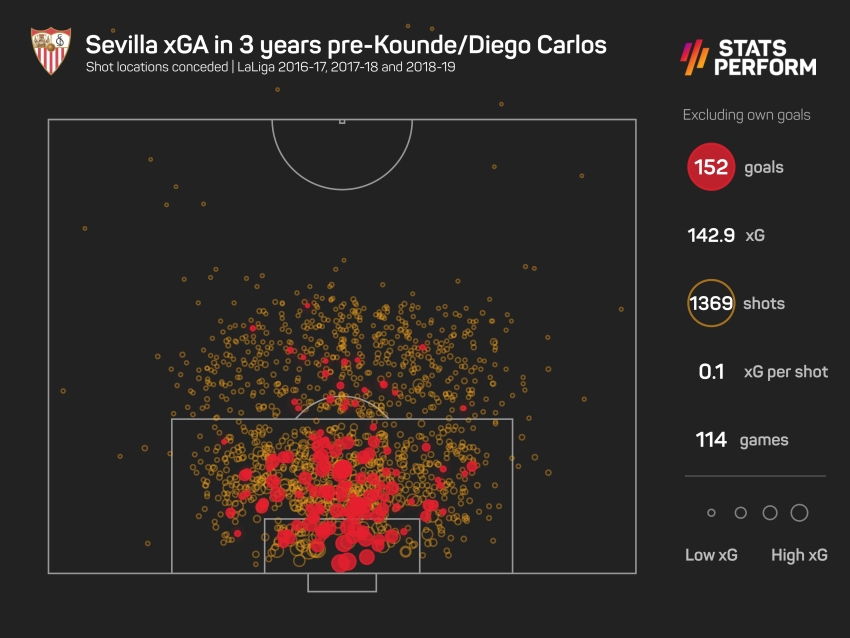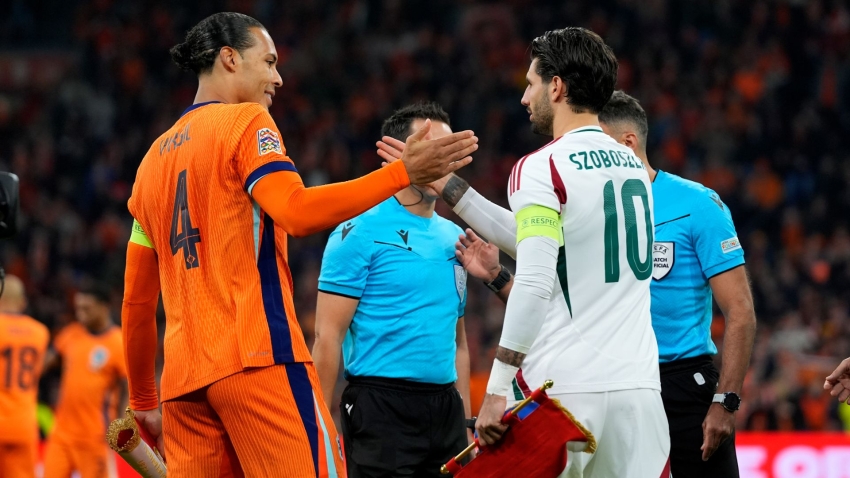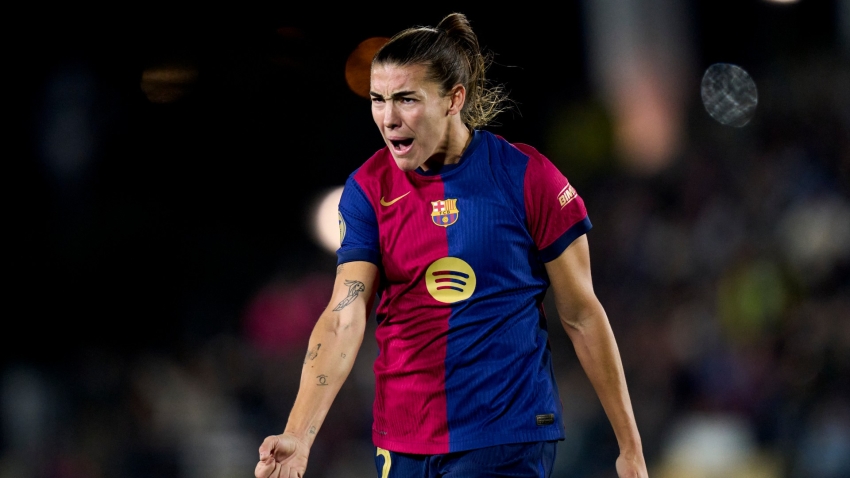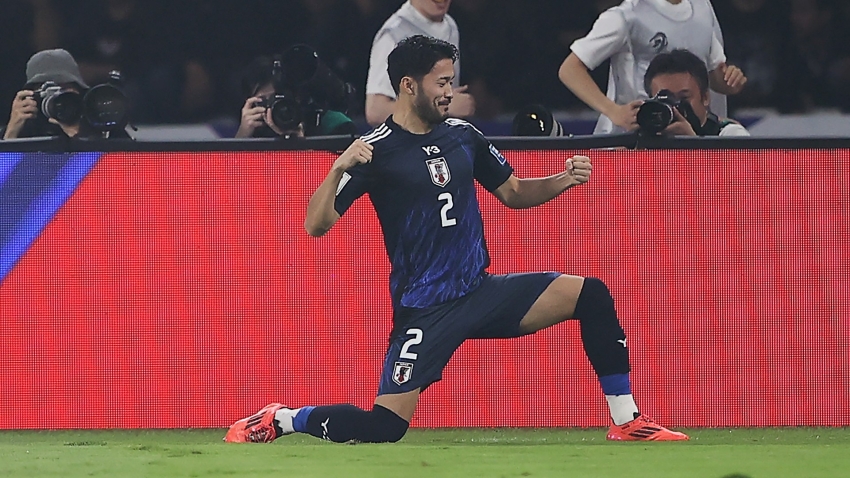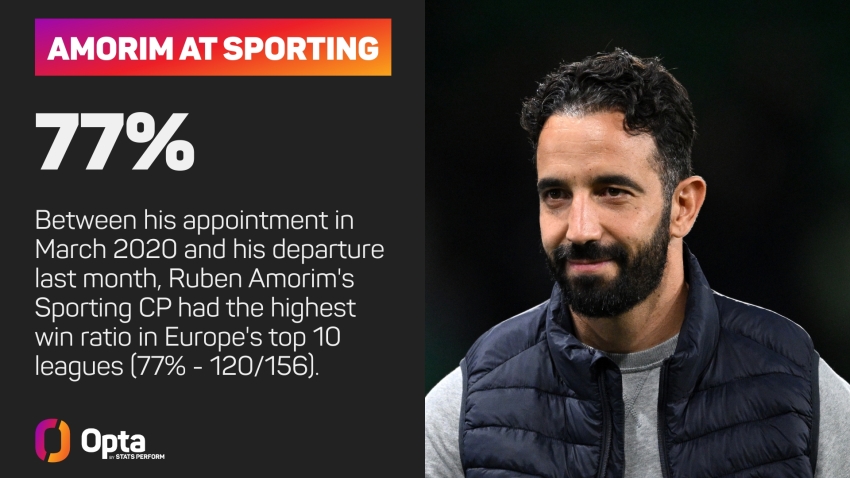When we talk about footballers "returning to haunt" their former employers, conversation generally focuses on strikers – or, at the very least players who score against their old teams.
But Jules Kounde just needs to be present for there to be a degree of longing or jealousy in the air at the Ramon Sanchez-Pizjuan on Saturday, as Sevilla host Barcelona.
The France defender actually left Sevilla on good terms, with the club – and most fans – fully aware they had enjoyed a player of such quality for far longer than they'd ordinarily expect to, particularly when you consider Los Nervionenses' reputation as the selling club to end all selling clubs.
The only real gripe among Sevilla fans was the fee, with the initial €50million – plus €12.5m in add-ons – somewhat on the low side when you consider the other fees changing hands this year. Nevertheless, it was a club-record sale.
Over his three years in Seville, Kounde developed into one of the world's most-promising centre-backs, one capable of getting fans out of their seats, even.
Having finally been registered to play in LaLiga ahead of last weekend's 3-0 win over Real Valladolid, Kounde's second game with Barca sees him return to familiar surroundings – "too soon," some sheepish Sevilla fans will be saying.
Reminder of what Sevilla had
As good as Kounde was for Sevilla, it must be remembered he was very much one half of a partnership. He and Diego Carlos will probably be regarded by many supporters as the best centre-backs in the club's history – they just so happened to arrive and depart at roughly the same time.
Over the three seasons Sevilla had Kounde and Diego Carlos as their first-choice centre-backs, their defensive record was among the best in Europe.
Only Manchester City (57) and Real Madrid (52) kept more clean sheets than Sevilla (51) among teams in the top five leagues. Similarly, just five teams conceded fewer league goals (excluding own goals) than their 94 – including Paris Saint-Germain (85) and Lille (91), who each played at least 10 games less – and their expected goals against (xGA – 115.7) was the seventh lowest. Again, three of the clubs above them played 10 or more games less.
What makes this even more remarkable is that over the previous three seasons, Sevilla's 152 goals conceded saw them rank 51st out of the 74 teams to play at least 102 top-flight games over that period.
Julen Lopetegui's pragmatic, possession-based system undoubtedly helped, and there was a particular subtlety to it that allowed Kounde to really show his strengths.
Fernando, their defensive midfielder, plays deep enough to almost act as a third centre-back at times, and that gave Kounde the opportunities to move forward with the ball, safe in the knowledge he had cover in behind him.
As a defensive triumvirate, there was very little they lacked. Fernando offered protection and positional sense; Diego Carlos possessed great strength and composure on the ball; Kounde provided athleticism, drive and excellent distribution.
With Diego Carlos moving to Aston Villa in June, Fernando is the only one remaining. Sevilla's efforts to replace them had Monchi – presumably as a coincidence – going with another Brazilian-French combination in Marcao and Tanguy Nianzou, but the former is yet to play through injury and the latter has looked shaky alongside the unimpressive Karim Rekik.
In the early weeks of this season, the absence of Kounde and Diego Carlos has been glaring because their excellence at the back helped mask Sevilla's deficiencies going forward in the past. Over the previous three seasons, their 145 goals scored saw them rank 33rd among teams in the top five leagues, but they failed to really address that in pre-season and have begun the campaign with three defeats in four games.
Few would be surprised if Barca pile on the misery.
The archetypal Barcelona centre-back?
Few teams compare to Barcelona when it comes to appreciation of possession, so making the transition to a side that expects to control every single match can be a challenge.
But, theoretically, Kounde couldn't have had better preparation for such an environment. Over his three years in Spain, Sevilla were second in LaLiga for average share of possession at 59.7 per cent, with Barca (65.8 per cent) the only team seeing more of the ball.
The main difference at Barca is likely to be that Kounde is expected to distribute more than before, and that should occur naturally given the Blaugrana's even greater hold on possession.
But Kounde's admirers will hope that doesn't take away from his biggest strength.
Kounde is a defender who likes to progress the ball by carrying it. That's not to say he is a poor passer – he's very good – he just happens to be extremely adept when on the ball.
Across the top five European leagues last season, Kounde's total carry progress of 3,720 metres upfield was the 13th highest among centre-backs. But for the average distance of progressive carries, he ranked as high as seventh (minimum 1,000 minutes played).
These weren't just carries that progressed play by a couple of metres, either. His 159 progressive carries over 10 metres was the ninth most among the same players, while only three centre-backs recorded more carries with take-ones than Kounde's 19.
Put simply, this is a centre-back who likes to get his team on the front foot by taking initiative. He's positive, brave and effective. Considering Ronald Araujo's more pragmatic approach on the ball, Kounde should have the space and support to become a significant influence.
One of the best examples of Kounde's forward-thinking mentality actually came against Barcelona in the Copa del Rey last year, as he embarked on a brilliant solo run that culminated in a wonderful finish.
Kounde was the last of Xavi's major recruits this window, but considering defence was probably the area of the squad that needed strengthening the most, he was arguably the most crucial of the new arrivals.
As he prepares to return to the place where he made his name, Kounde has the perfect opportunity to truly announce himself to Barcelona fans.


